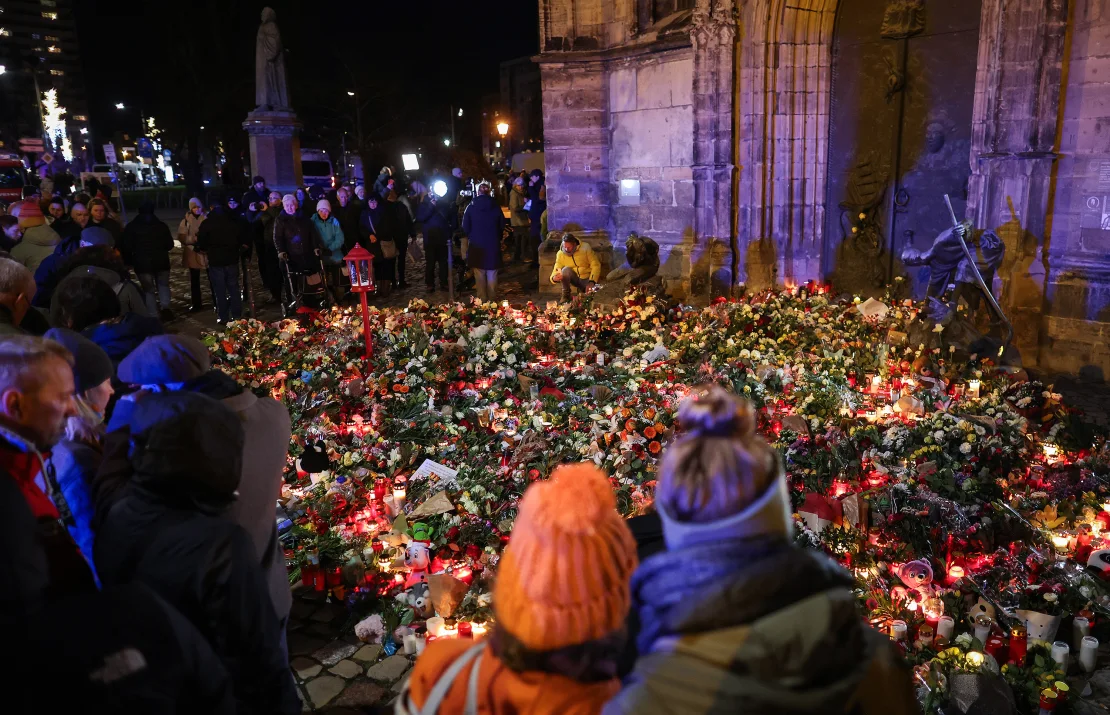A Tragic Event Shakes Magdeburg
The bustling Christmas market in Magdeburg, Germany, became the site of tragedy when an attack claimed the lives of several people and injured dozens. Authorities have identified the suspect as a 50-year-old man with a history of posting disturbing content on social media. The attack has sparked shock and mourning across the nation, particularly as details of the suspect’s background emerge.
Dark Online Footprint
The suspect’s social media activity reveals years of troubling posts. Investigators found a pattern of increasingly dark content, including expressions of hate speech, conspiracy theories, and support for extremist ideologies. Some posts hinted at feelings of isolation and resentment toward societal norms, raising questions about missed opportunities for intervention.
Warning Signs Overlooked
Authorities had reportedly monitored the suspect in the past but did not classify him as an immediate threat. Neighbors described him as a quiet, reclusive individual who rarely interacted with others, further underscoring the disconnect between his public behavior and online persona. Experts suggest that his digital footprint may have been a precursor to the violence, a warning signal that went unheeded.
A Broader Concern
The incident highlights the increasing role of online radicalization in acts of violence. Social media platforms are under renewed scrutiny for their inability to detect and address harmful content. Critics argue that algorithms prioritizing engagement often amplify extremist narratives, potentially accelerating radicalization.
Community Response
The attack has prompted vigils and moments of silence across Germany, as communities come together to honor the victims. Discussions are now underway about improving digital monitoring and early intervention strategies to prevent similar tragedies in the future.
Call for Action
As investigations continue, the attack serves as a stark reminder of the importance of addressing the intersection between mental health, social isolation, and online extremism. Local authorities and global platforms alike face mounting pressure to implement safeguards against the escalation of digital hate into real-world violence.











